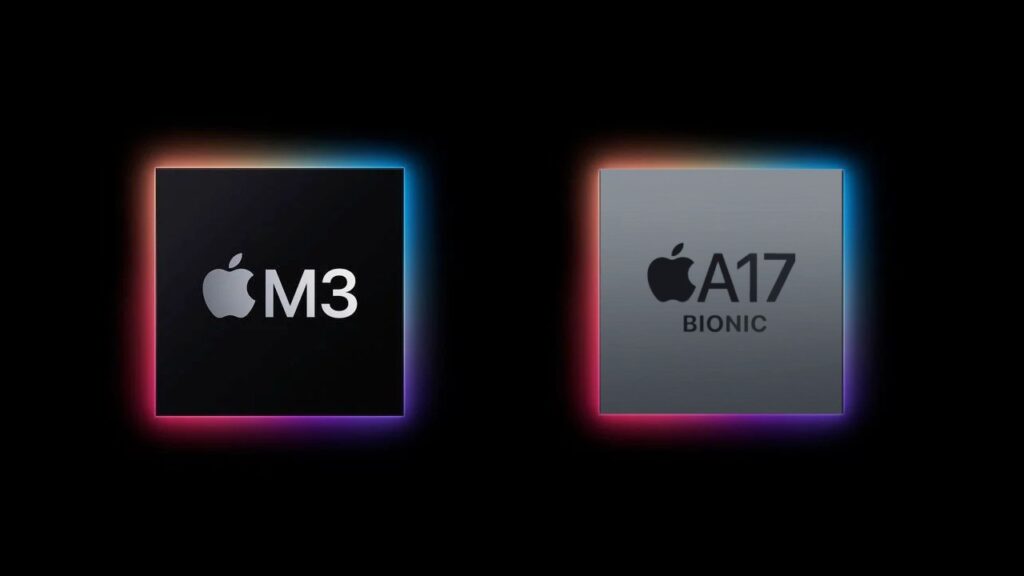The Snapdragon 8 Gen 3 and the A17 Bionic are expected to be the two most powerful smartphone chipsets of 2023. The Snapdragon 8 Gen 3 is anticipated to power devices like the Samsung Galaxy S24 series, with a potential launch in October or November. On the other hand, the A17 Bionic is likely to be introduced in September and will provide power to the iPhone 15 Pro models. So, how will A17 Bionic be?
Is it the most powerful chip? How will A17 Bionic be?
A17 Bionic is not only expected to surpass Snapdragon 8 Gen 3 but is likely to be even more powerful, claiming the throne as the best smartphone chipset of the year. Of course, we do not have definitive information yet. However, a series of leaks and rumors about A17 Bionic are indeed painting a picture of a highly capable chipset.

First, our initial leak comes from TSMC (Taiwan Semiconductor Manufacturing Company), the company responsible for manufacturing Apple’s A-series chipsets. TSMC announced that the next-generation chipsets will be produced using a 3nm (nanometer) manufacturing process. This is lower than the current 5nm process and can lead to significant improvements. By using 3nm, TSMC and Apple will be able to fit many more transistors into the same area.
Reports suggest that while the A16 Bionic had around 16 billion transistors, the A17 Bionic could have anywhere from 18 billion to 24 billion transistors. TSMC claims that these chipsets will be 35% more energy-efficient than the current generation chipsets, which could result in substantial gains in battery life. So, we can expect a chip that is not only more powerful in terms of performance but also more efficient in terms of power consumption, providing a significant boost in both efficiency and performance.
According to another source, A17 Bionic is claimed to feature a CPU that is 20% more powerful than the one in A16 Bionic. Considering that the CPU in A16 Bionic is only about 10% faster than the A15 Bionic’s CPU, this would indeed be a significant leap in performance. The same source suggests that when compared using Geekbench 6, A17 Bionic scored 3,019 points in single-core performance and 7,860 points in multi-core performance.
As a reference, the iPhone 14 Pro with A16 Bionic currently averages around 2,512 points in single-core performance and 6,351 points in multi-core performance. Additionally, we have heard that A17 Bionic will come with the Snapdragon X70 5G modem, which is expected to have lower latency compared to the modem used in A16 Bionic. Moreover, it is rumored to offer more power efficiency and leverage artificial intelligence to enhance 5G speeds.














